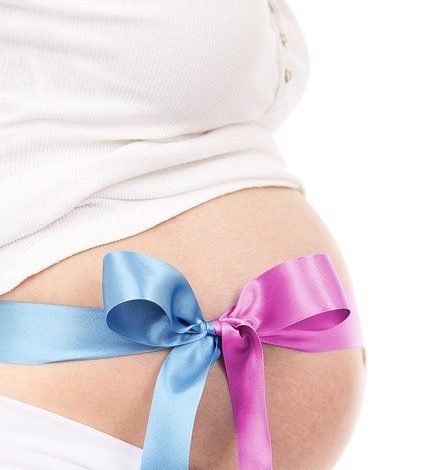
Is it safe to treat breast cancer during pregnancy?
Is it safe to treat breast cancer during pregnancy?
Although not common, one in 3,000 women will be diagnosed with breast cancer during pregnancy, according to estimates by the National Cancer Institute. During pregnancy, a woman actually goes through many hormonal, emotional, and physical changes. Adding a cancer diagnosis to the mix can create fear and uncertainty about a child’s future and health. However, in most cases, it is safe to treat the mother for breast cancer when she is pregnant.
Difficulty detecting lumps in pregnant women.
First, it is important to note that the hormonal changes that a woman’s body goes through during pregnancy do not cause breast cancer. The average age of a woman diagnosed with breast cancer during pregnancy is 32 to 38 years. This is mostly because more and more women are choosing to postpone pregnancy until they are older for various reasons: financial stability, focus on career, etc. Second, most breast cancers in pregnant women tend to be more advanced due to breast changes – engorgement. and tenderness. Most women don’t detect a lump as easily as they do before or after pregnancy.
After being diagnosed with breast cancer, a woman is advised not to delay treatment. However, some women may choose to postpone treatment until after the baby is born. This should be a conversation between the woman and her doctor, discussing the appropriate options for her individual situation. For example, if a woman is more advanced in her pregnancy, at 37 to 38 weeks, she may choose to induce labor and undergo postpartum treatment.
As mentioned above, most breast cancer treatments are considered safe during pregnancy. Surgery to remove the cancer is usually recommended. Chemotherapy, especially doxorubicin and cyclophosphamide, is also considered safe during pregnancy in the second and third trimesters. Hormone therapy is still being studied, and at this time no harm has been shown to the baby. However, radiation is never recommended as it may be harmful to the fetus.
Cancer is not transmitted to the fetus
In general, studies have shown that pregnant women have slightly worse outcomes than non-pregnant women, but this is thought to be related to a later diagnosis due to breast changes. Also, termination of pregnancy has not been shown to make a difference to a woman’s prognosis, and there is no evidence that breast cancer cells pass from mother to child while they are in the womb.
Every woman, pregnant or not, should do breast self-exams on a regular basis. If you find a lump, notice a difference in the skin or nipple area, or feel tenderness in your breast, talk to your doctor. If there are concerns, a pregnant woman should opt to have an ultrasound screening test, as mammograms include radiation. In addition, it is important to pay attention to good nutrition and supplements that contain a lot of folic acid. If breast cancer is found, do not panic and do not delay. The earlier the diagnosis, the better the prognosis. With advances in treatment, we are seeing more positive outcomes for healthy mothers and children after breast cancer.



